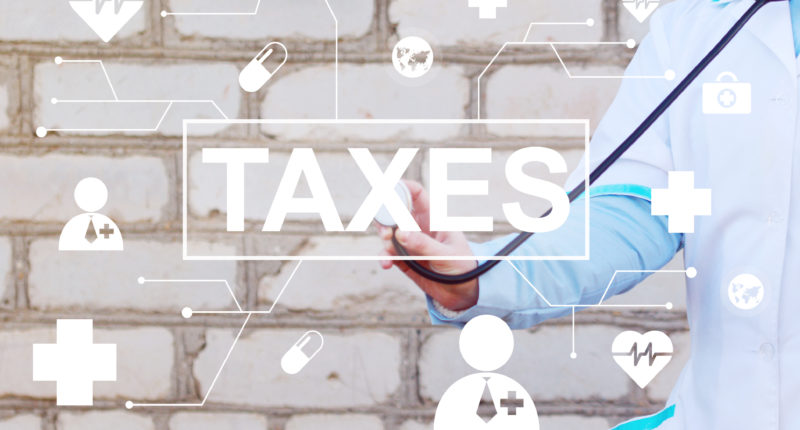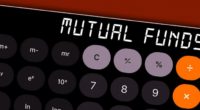Finance Minister Nirmala Sitharaman introduced “Vivaad se Vishwaas” also known as the Dispute resolution scheme in Budget 2020. The scheme aims to settle direct tax disputes pending for resolutions with various appellate authorities.
This scheme was introduced with an intent to:
- Reduce the number of pending litigations, i.e. 4.83 lakh pending inventory of litigations with the CBDT.
- Generate long stuck government revenue of approx Rs 9.30 lakh crore in disputes.
- Give relief from pending disputes by payment of only disputed tax against waiver of payment of interest and penalty to the taxpayers. Additionally, it would provide immunity from prosecution and hassle-free resolution of the income tax disputes to the taxpayers.
This scheme is applicable for the appeals made against the disputed tax, disputed interest or disputed penalty due with Income Tax Appellate (ITAT), the Commissioner (Appeals), High court or Supreme court as on 31st January 2020. The benefit can be availed for the appeal against disputes filed either by the taxpayer or by the income tax department. However, this scheme is not eligible for search cases of disputes for more than Rs.5 crore.
In cases where the dispute is regarding the tax liability, the scheme proposes the taxpayers to pay 100%, i.e. the full amount of disputed tax but grants a waiver of any interest or penalty on such disputed tax. However, where the dispute was regarding penalty and interest, then the taxpayer could settle by paying only 25% of such disputed interest or penalty.
Also Read: What Does the New Wages Rules Have in Store for the Salaried Class?
Later on due to ongoing pandemic and relatively fewer applications received in this scheme, CBDT modified the bill. The modification was to allow waiver of 50% of the disputed tax in cases where the appeal was made by the tax authorities to a higher forum as the tax-payer had won the case in the first level.
As against this, the income tax department did not allow any waiver of disputed tax for cases where the taxpayer has lost the case in the lower forum and made an appeal against the income tax department. In such cases, 100 % of disputed tax is to be paid as per original terms of the scheme with a waiver of interest/penalty/fees.
Initially, the due date for application for settlement in “Vivaad se Vishwaas scheme” was 30th June 2020, however for applications starting from 1st April 2020 to 30th June 2020, an additional 10% of the disputed tax amount and 5% of the disputed interest or penalty amount was required to be paid.
The due date was extended from 30th June 2020 to 31st December 2020. Later again, this date is further extended by three months to 31st March 2021 without payment of any additional amount. However, declarations have to be filed by December 31, 2020, whereas payment of tax dues have been extended till 31st March 2021.
The government has generated revenue of Rs 72,480 crore as against target revenue of Rs.2 lakh crore through this scheme. At the same time, 45000 odd declarations have been received against pending litigation of almost 4,83,000. Hence not even 10% of total pending litigations have been declared under this scheme till November 2020.
CBDT is taking steps to create more awareness and bring taxpayers to declare under this scheme. They are planning to launch an e-campaign to inform taxpayers about the scheme, guiding and facilitating them in the filing of declarations and removing any difficulties faced by them in availing the scheme.
CBDT has also linked the performance of the IT officials with the amount of revenue generated to their appraisals. Also, the department has been reaching out to Public sector enterprises to settle the disputes under this scheme.
IT department had issued FAQs recently clarifying certain points:
- The taxpayers can revise the declaration till the designated authority issues a certificate of final tax amount payable under this scheme.
- This scheme is not applicable for cases pending with ITSC (Income tax settlement commission).
- Where the Mutual agreement procedure (MAP) is pending, the appeal can be made under this scheme after withdrawing MAP application and appeal.
- This scheme will be applicable for cases where the High Court/Supreme Court has filed an appeal, and the Authority of Advance Ruling has been in favour of the taxpayer.
Previous to this scheme, Sabka Vishwas scheme was launched in 2019 in similar lines for indirect taxes which had received a great response. The target of receipt of application was surpassed with 1,89,000 applications, and the government could collect Rs.38,000 crore in taxes. Almost 95% of the eligible taxpayers opted for the scheme.
The success of Sabka Vishwas Scheme was largely dependent on the incentive it provided on the tax waiver front. It mandated only payment of 50% tax and waiver of the balance amounts, along with immunity from prosecution. As against, Vivaad Se Vishwaas Scheme provides no waiver for disputed tax but a waiver from payment of interest and penalties besides immunity from prosecution.
For any clarifications/feedback on the topic, please contact the writer at jyoti.arora@cleartax.in

I am a Chartered Accountant by profession with 4+ years of experience in the finance domain. I consider myself as someone who yearns to explore the world through travelling & Reading. I believe, the knowledge & wisdom that reading gives has helped me shape my perspective towards life, career and relationships. I enjoy meeting new people & learning about their lives & backgrounds. My mantra is to find inspiration from everyday life & thrive to be better each day.





